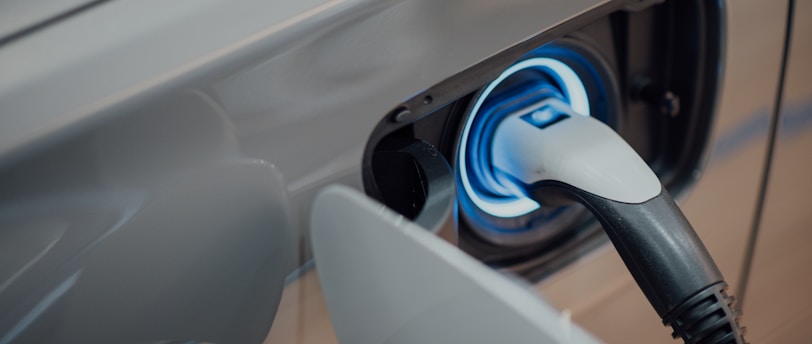
The Real Cost of Going Electric: Are EVs Truly Cheaper in the Long Run?
Electric Vehicles (EVs) promise lower maintenance and fuel savings—but are they really cost-effective over time? Discover the hidden costs and key considerations for EV buyers.
FINANCIAL DECISIONS
5/2/20252 min read


The Real Cost of Going Electric: Are EVs Truly Cheaper in the Long Run?
Electric vehicles (EVs) are often hailed as the cleaner, cheaper, and smarter alternative to internal combustion engine (ICE) vehicles. With rising fuel prices, environmental concerns, and generous government incentives, many individuals are rushing to make the switch. But beyond the marketing and initial excitement lies a deeper financial question: are EVs truly more cost-effective over the long haul?
The short answer? It depends.
Upfront Costs: The First Barrier
One of the biggest deterrents to EV adoption is the steep upfront price. For instance, the Mahindra XUV 3XO EV costs approximately Rs 15-18 lakh, whereas its ICE counterpart ranges from Rs 8-15.5 lakh. The significant price premium is mainly due to battery technology and limited economies of scale.
Lower Operating Costs: A Key Advantage
EV owners often enjoy lower per-kilometre costs. Charging an EV costs roughly Rs 1-3/km compared to Rs 5-9/km for petrol or diesel. Maintenance is also simpler: no oil changes, fewer moving parts, and regenerative braking that reduces wear and tear.
Hidden Costs: What You Don’t See
However, the equation changes when you factor in hidden or less obvious costs:
Battery Replacement: An EV battery can cost up to 60% of the car’s value. Most are covered under warranty, but only for the first owner.
Insurance Premiums: Comprehensive insurance for EVs can be 25-60% higher due to expensive parts and specialist repairs.
Charging Infrastructure: Not everyone has access to home charging. Public charging can be unreliable or expensive, and charging times can be long. Not to mention that fast charging costs close to Rs. 5-8 per unit.
Depreciation: EVs often depreciate faster due to rapid tech changes and uncertain resale value.
Lifestyle Fit: The Make-or-Break Factor
The true cost-effectiveness of an EV often hinges on your lifestyle. City dwellers who drive short distances and can charge at home benefit the most. Long-distance travellers may struggle with range anxiety, limited infrastructure, and towing costs if stranded.
Long-Term View: Getting Better
As battery costs fall and infrastructure improves, the long-term value proposition of EVs will strengthen. Some brands now offer lifetime battery warranties, though usually only for the first owner.
Conclusion: Count the Full Cost
While EVs offer compelling savings on fuel and maintenance, a truly informed decision requires looking at the full picture. For the right user, EVs can be an excellent financial choice. But for others, the hidden costs might tip the scales back toward traditional vehicles.
Before making the switch, consider your daily usage, charging access, and long-term plans. It's not just about going green—it's about going smart.
Trust
A Partnership built on Trust, Transparency, and Long-term success
Turning your aspirations into reality.
Contact
prosperaa.wealth@gmail.com
+91-8208935082
© 2025. All rights reserved.
Office No.C-3, B-Wing, 1st Floor, Bharat Bazaar, Chikalthana MIDC,
Chattrapati Sambhajinagar, MH
431006
Pune, MH
Mumbai, MH
